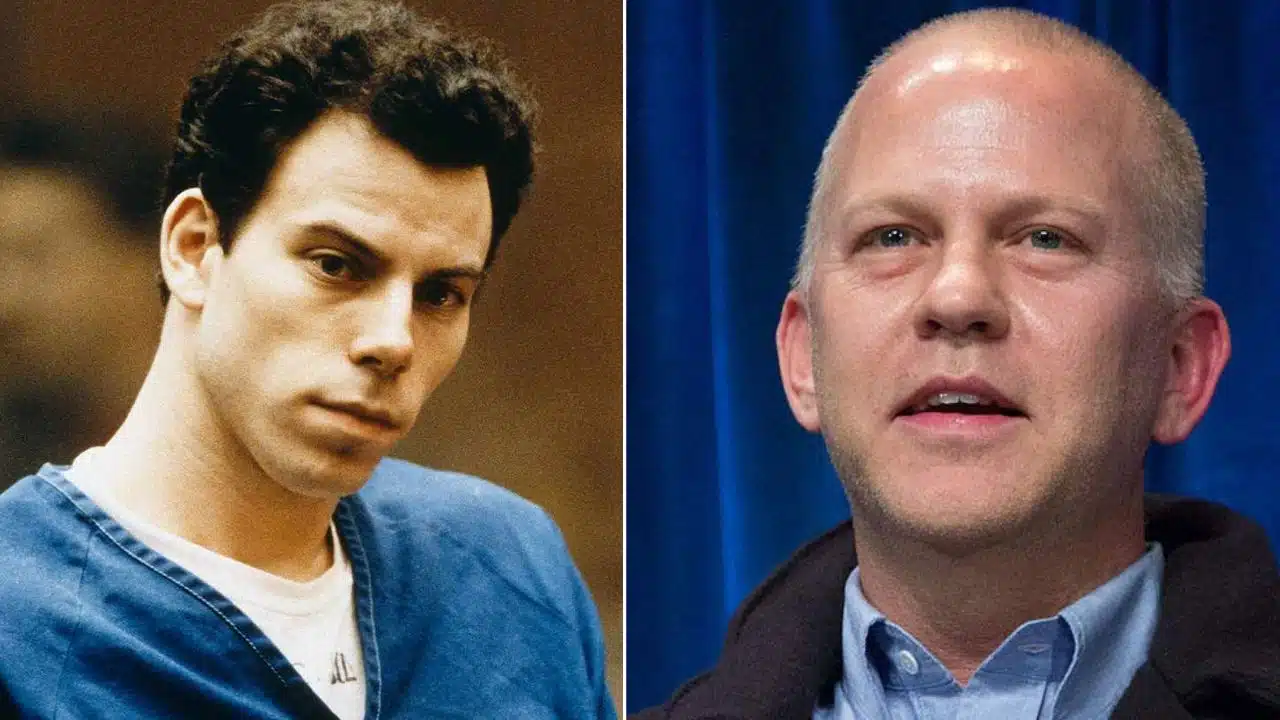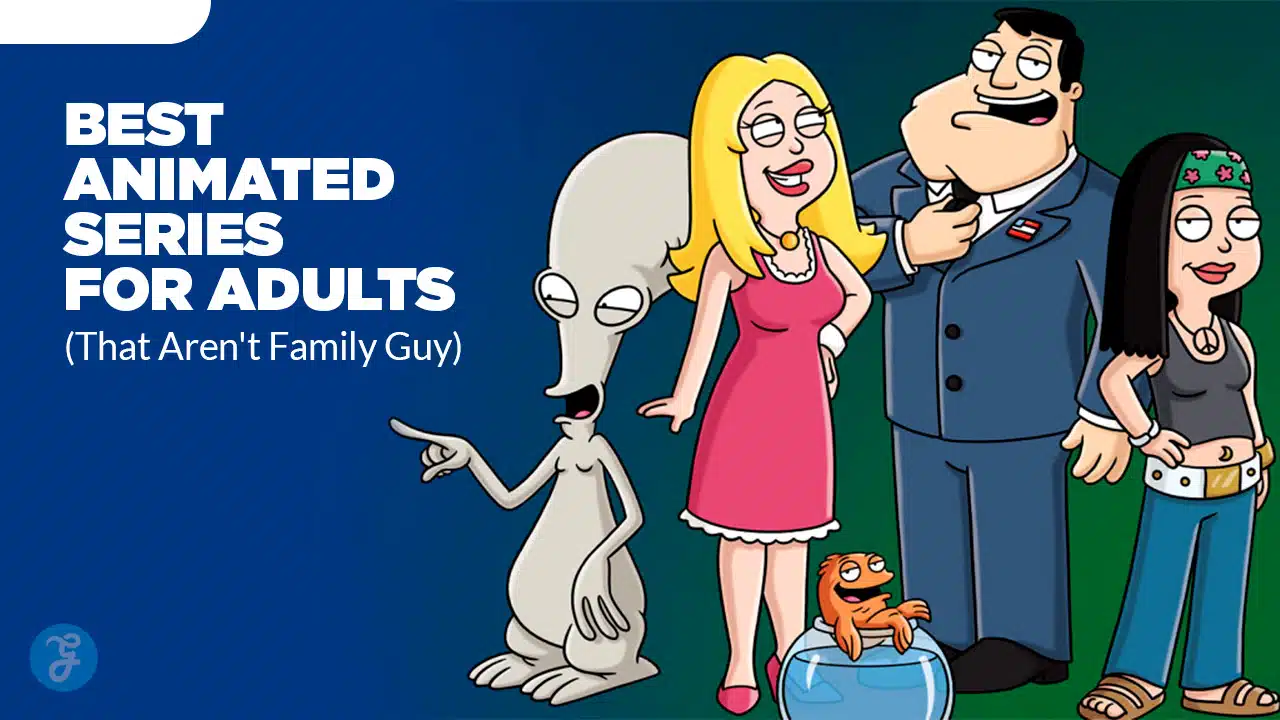Erik Menendez, one of the Menendez brothers who gained infamy for the murder of their parents in the 1989 Beverly Hills killings, is publicly criticizing Netflix and a Hollywood producer for their portrayal of his life in a newly released series. The series, which is part of Netflix’s “Monster” true-crime anthology, follows the tragic events that led to the conviction of Erik and his brother, Lyle Menendez. Erik took to social media via a statement shared by his wife, Tammie Menendez, to express his outrage, calling the depiction of Lyle “a caricature rooted in horrible and blatant lies.”
In his strongly worded statement, Erik Menendez made it clear that he feels betrayed by the portrayal of his family’s story, particularly the misrepresentation of the abuse allegations that formed a central part of their defense during the highly publicized trial in the 1990s. “I can only believe they were done so on purpose,” Erik said in the statement. He suggested that the inaccuracies in the show were not accidental but part of a deliberate effort to sensationalize the story for dramatic effect. “It is with a heavy heart that I say, I believe Ryan Murphy cannot be this naive and inaccurate about the facts of our lives so as to do this without bad intent,” he continued.
Erik Menendez Accuses Netflix of Dishonesty
The statement from Erik Menendez goes on to accuse Ryan Murphy, the acclaimed producer behind the series, of being either willfully ignorant or malicious in his portrayal of the Menendez brothers. “It is sad for me to know that Netflix’s dishonest portrayal of the tragedies surrounding our crime has taken the painful truths several steps backward,” Erik wrote. He believes that the series undermines the progress made in understanding male trauma, particularly the effects of sexual abuse on men, which had been a crucial part of the brothers’ defense during their trial.
Erik expressed frustration that the series appears to revitalize outdated narratives, ignoring the progress made by male survivors of abuse in the past two decades. “Back through time to an era when the prosecution built a narrative on a belief system that males were not sexually abused, and that males experienced rape trauma differently than women,” Erik said, pointing to the deeply ingrained gender biases that existed during their trial.
These outdated perceptions of abuse, especially regarding men, were heavily criticized during the trial, and over the years, advocates and survivors have worked to dismantle these harmful stereotypes. Erik mentioned in his statement that countless brave male victims have since come forward to share their stories, helping to dispel the myth that men experience sexual trauma differently than women or are less affected by it.
Menendez Condemns “Vile and Appalling” Characterizations in the Series
Erik did not hold back in his critique of how the series portrayed him and his brother, Lyle. He condemned what he sees as vile and appalling character portrayals, writing, “Now Murphy shapes his horrible narrative through vile and appalling character portrayals of Lyle and me, and disheartening slander.” He expressed his dismay that, despite the many strides made in addressing male trauma, the series reverts to harmful, incorrect assumptions. In his view, the producers of the series had all the resources and information available to tell an honest story but instead chose to sensationalize it for profit.
Erik ended his statement with a plea to the public: “Is the truth not enough?” He thanked supporters who have stood by him and his brother over the years, particularly those who have fought to bring awareness to the truth behind their story. Erik has always maintained that their actions were driven by years of abuse at the hands of their father, José Menendez, a powerful entertainment executive, and their mother, Mary Louise “Kitty” Menendez. Their abuse allegations were central to their defense, though the jury ultimately convicted them of first-degree murder.
The Netflix Series “Monster” Under Fire Again
Netflix’s “Monster” anthology series, produced by Ryan Murphy, has once again found itself at the center of controversy. The second installment of the series, which focuses on the Menendez brothers, follows the success—and backlash—of the previous installment, “Monster: The Jeffrey Dahmer Story.” Like the Menendez series, the Dahmer story was criticized by the families of Dahmer’s victims, who accused the platform of exploiting their trauma for entertainment.
In this latest series, Nicholas Alexander Chavez and Cooper Koch portray Lyle and Erik Menendez, respectively, while Oscar-winning actor Javier Bardem plays their father, José Menendez. The series also stars Oscar nominee Chloë Sevigny as Kitty Menendez. The show attempts to dramatize the family’s complex dynamics and the brutal crime that shocked the nation.
Much like with the Dahmer series, Netflix’s decision to dramatize the Menendez brothers’ story has sparked widespread debate about the ethics of true-crime storytelling. Critics argue that these shows often focus more on sensationalism than accuracy, turning real-life tragedies into entertainment at the expense of the victims and their families.
Erik Menendez’s statement echoes these concerns, as he feels that the series has done more harm than good by reviving old, harmful narratives about male victims of sexual abuse. His frustration is compounded by the fact that many viewers will take the show’s depiction of events as fact, which could overshadow the real complexities of the case.
Revisiting the Menendez Brothers’ Trial
The Menendez brothers’ case captivated the American public in the 1990s, largely because of the shocking nature of the crime and the defense they presented. In August 1989, Lyle and Erik Menendez, then 21 and 18 years old, respectively, shot and killed their parents, José and Kitty Menendez, at the family’s mansion in Beverly Hills. The brothers fired multiple rounds, including fatal point-blank shots to the head, ensuring that their parents were dead.
At their trial, the brothers argued that they had endured years of abuse at the hands of their father, José Menendez, a prominent figure in the entertainment industry. According to their defense, José had physically, emotionally, and sexually abused both brothers for most of their lives. Their mother, Kitty, was portrayed as complicit, either by ignoring the abuse or enabling it.
The defense claimed that the brothers killed their parents out of fear and desperation, believing that their father was planning to kill them to prevent the abuse from being exposed. Despite these arguments, the jury was not swayed, and both Lyle and Erik were convicted of first-degree murder. They were sentenced to life in prison without the possibility of parole.
The Ongoing Debate Over True Crime Adaptations
Netflix’s decision to produce a series about the Menendez brothers is part of a broader trend of true crime adaptations that have become increasingly popular in recent years. Shows like “Monster” and others that delve into notorious crimes are frequently criticized for prioritizing entertainment value over factual accuracy and sensitivity to the victims’ families.
In the case of the Menendez brothers, the portrayal of their family’s story has long been controversial. The allegations of abuse, in particular, have sparked debate over whether the brothers’ actions were the result of trauma or whether they were motivated by greed. Many people at the time of the trial were shocked by the brutal nature of the killings and found it difficult to sympathize with the brothers, regardless of the abuse they claimed to have suffered.
However, in recent years, there has been a shift in how society views abuse, especially regarding male victims. Advocates for male survivors of sexual abuse have worked tirelessly to raise awareness of the issue, emphasizing that men can be victims too and that they often face unique challenges in coming forward with their stories. Erik Menendez’s criticism of the Netflix series reflects this ongoing battle for recognition and understanding of male trauma.
Erik Menendez’s Final Plea
In his statement, Erik Menendez questioned why the truth about their lives was not enough for Netflix and Ryan Murphy. He expressed his hope that the public will continue to support him and Lyle as they seek to have their side of the story told accurately. For Erik, the Netflix series represents yet another attempt to distort their experiences and undermine the painful truths that have come to light over the years.
The Menendez brothers’ case continues to be a subject of fascination for many, and the Netflix series will likely draw significant attention, much like its predecessor, “Monster: The Jeffrey Dahmer Story.” However, Erik Menendez’s statement serves as a stark reminder that behind every true-crime story are real people, and their experiences should not be reduced to mere entertainment.
As true crime remains a popular genre, the ethical considerations surrounding these adaptations will likely continue to be debated. For now, Erik Menendez is urging the public to seek out the truth behind the series, rather than simply accepting what is presented on screen. Whether or not the Netflix series will respond to his accusations remains to be seen.







































